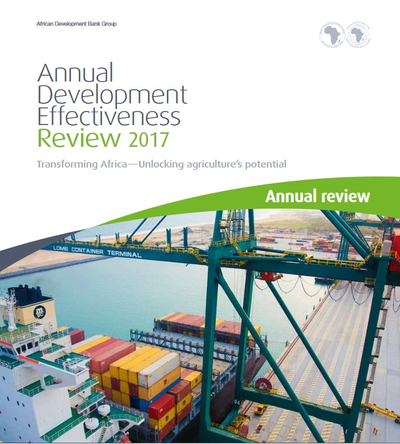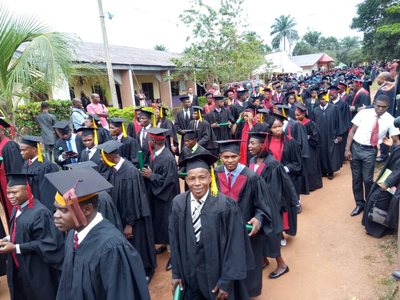In a 2010 article published by the International Food Policy Research Institute, by Nwafor, Manson,Salau, Shehu examined the issue of knowledge management and development targets in Nigeria. Read a sumary below.
Ajaikaiye and Olusola (2003) observed that the knowledge system of any progressive society performs a pivotal function in its development. However, they note that “in spite of this recognition, the attention given to Nigeria’s knowledge system has been weak and unstable, and has therefore affected its effectiveness and utilization.” Therefore, the challenge is for institutions and countries to determine and develop organizational practices, principles, guidelines, and approaches on how knowledge can be created, harnessed, shared, tracked, and distributed among government agencies, research communities, and the public (Riley, 2003).
In particular, Nigeria needs to establish a knowledge management system that considers the multidimensional perspective of poverty and agriculture. Two of these multi-dimensional areas are gender and the environment. The key government ministries most directly in charge of issues related to the interactions of gender, the environment, agriculture and poverty are the Federal Ministry of Agriculture and Water Resources (FMAWR), the Federal Ministry of Environment (FMoE), and the Federal Ministry of Women Affairs and Social Development (FMWA&SD). This study examines aspects of knowledge management in general in these three ministries and also examines the national capacity to carry out comprehensive agriculture sector modeling in particular. This study is a first step in assessing the existing knowledge management system in Nigeria with respect to the achievement of agriculture-led growth and poverty reduction.
To strategically situate future analysis of knowledge management, the study took an inventory of the national objectives related to agriculture-led growth and poverty reduction, which take into consideration gender issues as well as environmental sustainability. Relevant lessons that are systematically incorporated into existing and ongoing activities and future plans were also included in the inventory.
The report then examines knowledge management in the three ministries and the capacity to carry out a comprehensive agriculture sector economic research model. Next, this paper discusses the national development targets and research results from existing literature”.




